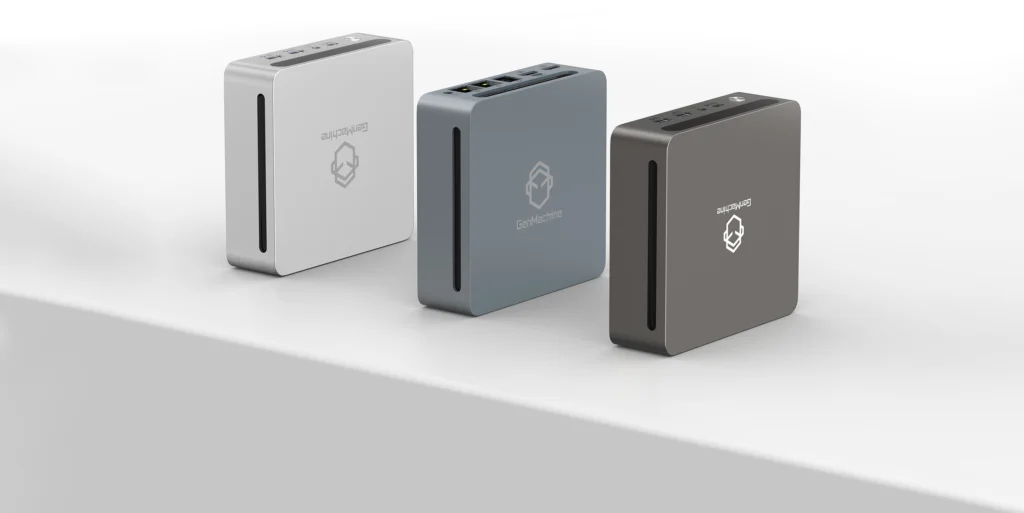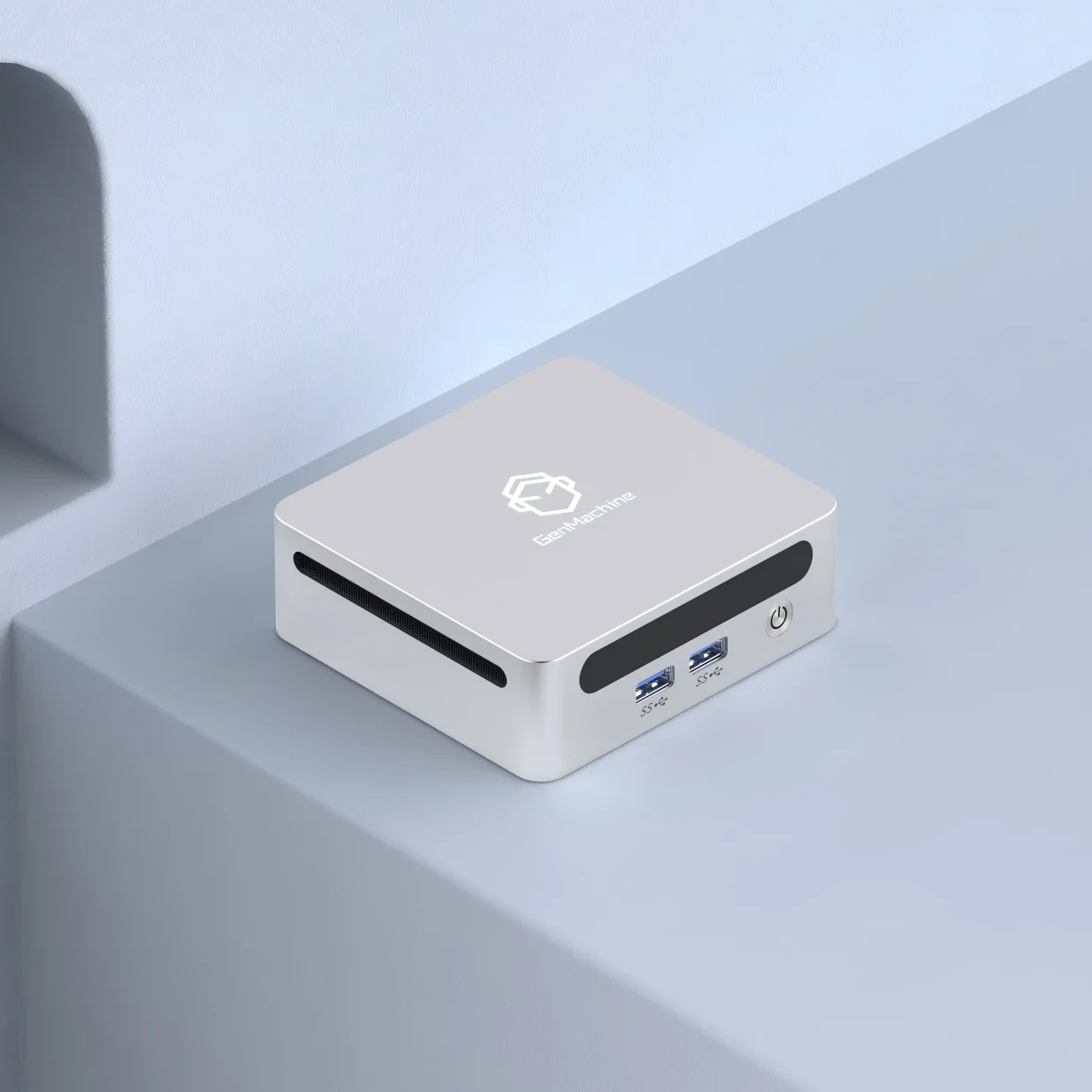In 2025, AMD Ryzen Mini PCs are a top choice for users seeking a compact, energy-efficient system without sacrificing performance. They’ve gained popularity among professionals, hobbyists, and businesses alike. However, first-time buyers often make avoidable mistakes when choosing the right compact Mini PCs. Below are five common pitfalls—and how to steer clear of them.
Misunderstanding Ryzen CPU Generations
One of the most common mistakes is assuming that a higher series number means better performance. Thinking a bigger AMD number means more power? Bless your heart—it’s like assuming a ‘McDouble’ is fancier than a ‘Quarter Pounder.’ For instance, the Ryzen 7520U—despite being newer—often performs worse than the Ryzen 5700U in real-world scenarios, especially when used in budget mini PCs.
The difference lies in architecture. Ryzen 5000-series chips may be based on Zen 2 or Zen 3, while some Ryzen 7000 or 8000-series models are built on older or entry-level designs. Instead of relying on model numbers, use CPU benchmark tools like PassMark or Geekbench Ranking, or search related Ryzen CPU Rankings to evaluate their actual performance.

Overlooking Thermal Design and Cooling Efficiency
Mini PCs are small by nature, and with limited space comes limited airflow. Poor thermal design can result in overheating, frequent throttling, or even system instability.
Some ultra-compact systems use passive cooling to remain silent—but that often leads to heat buildup under load. Others include active fans, but with poor internal layouts that trap warm air. For anyone planning extended workloads—media servers, development, or multitasking—thermal performance is critical. Always check reviews for temperature data and fan noise levels.
Overpaying for Unnecessary Premium Features
It’s tempting to choose a tiny PC with sleek metal housing, RGB lighting, or extra connectivity like dual Ethernet ports. But these features often increase the price without contributing to core functionality—especially if your primary use is light office work, content playback, or remote access.
Instead, focus on components that impact performance: a solid CPU, fast SSD, and sufficient RAM. Prioritize substance over style to get the most value for your investment.

Choosing Poor RAM or Storage Configurations
Another trap is buying Mini PCs with non-upgradable memory or slow storage solutions. Budget Mini PCs often use eMMC drives (which are much slower than SSDs) or soldered RAM, making upgrades impossible.
To ensure long-term usability:
- Select Mini PCs with dual-channel RAM support (for improved speed in multitasking)
- Opt for M.2 NVMe SSDs over SATA or eMMC
- Avoid configurations with just 4GB of RAM or 64GB of internal storage
These specs may seem acceptable today but will bottleneck performance quickly.
Ignoring BIOS and Driver Support
Firmware support may not be top-of-mind, but it’s essential—especially for long-term reliability. Some brands fail to provide BIOS updates, leaving users with unresolved bugs, limited OS compatibility, or hardware instability.
Before purchasing, check whether the brand offers downloadable BIOS files, drivers, and documentation. Look for community discussions (e.g., Reddit, forums) to see if users report consistent support. A Mini PC with no firmware updates is a risky long-term investment.
Conclusion
Buying a Ryzen Mini PC in 2025 can be a great decision—but only if you avoid these beginner mistakes. Take your time to compare CPU generations, pay attention to cooling, don’t fall for shiny upgrades, and always double-check storage and BIOS support. A bit of research now will save you headaches (and money) later.
FAQ
Are Ryzen 8000 series CPUs always better than Ryzen 5000 or 7000?
No. Some Ryzen 8000 chips, like the 8400F, are entry-level and may not outperform mid-tier 5000 or 7000 series chips. Always check performance benchmarks.
Can I upgrade RAM and SSD of Mini PCs later?
It depends on the model. Choose units with accessible RAM slots and M.2 NVMe SSD support. Avoid soldered memory or eMMC storage if you want flexibility.
What’s the best Ryzen Mini PC under $300?
In this range, Mini PCs with Ryzen 5500U or 5625U are strong choices. Prioritize dual-channel RAM and decent cooling over fancy design.





